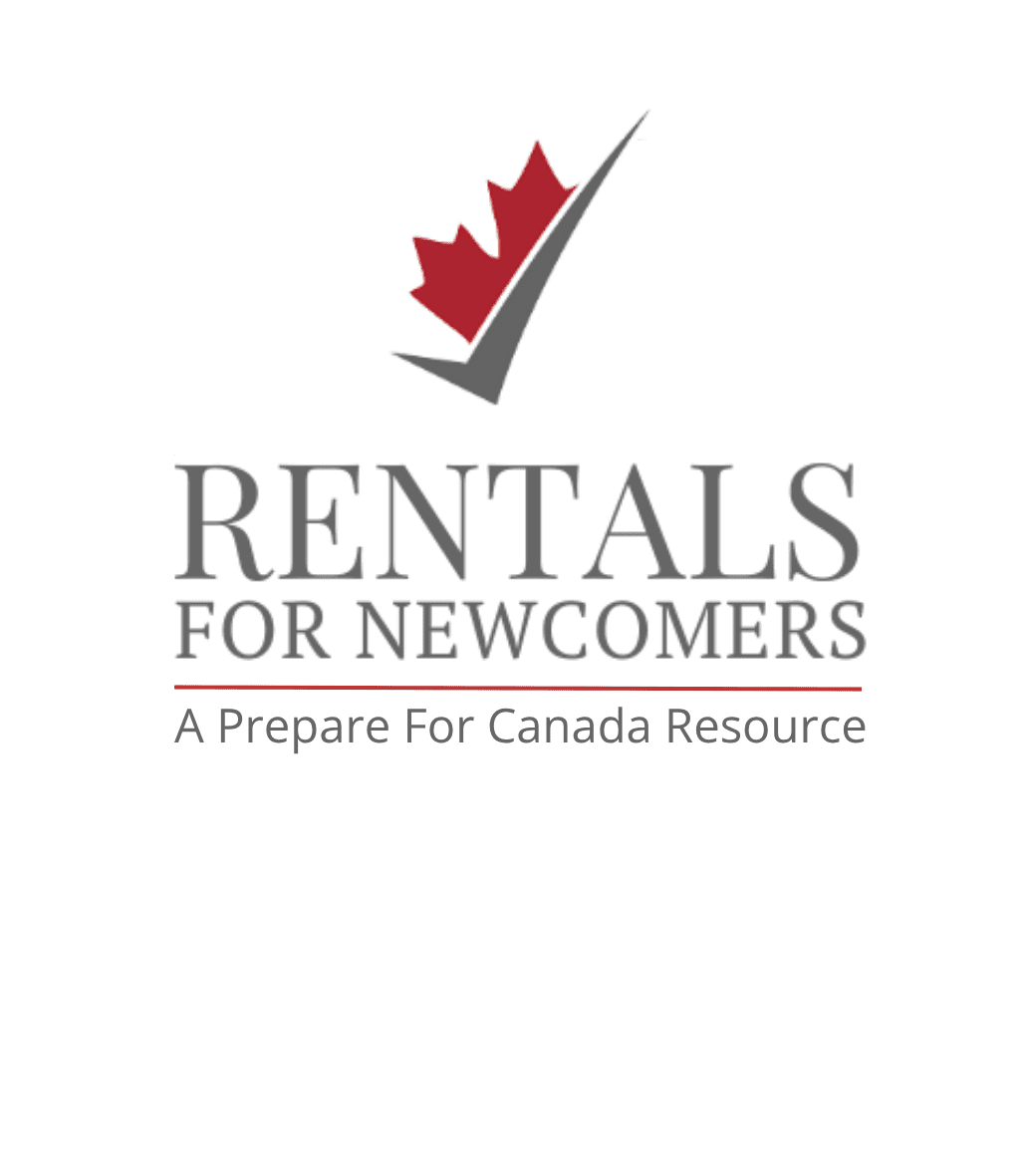
Saving & Investing
How to Save Money in Canada: 21 Practical Tips for Newcomers

Banking & Financial First Steps in Canada
Types of Bank Accounts to Save for Your Future
Join the Scotiabank StartRight® Program designed for Newcomers‡ and get up to $2,300* in value in the first year.
Find your first home in Canada with confidence. Browse rentals from landlords who want to rent to newcomers and immigrants







Find your first home in Canada with confidence. Browse rentals from landlords who want to rent to newcomers and immigrants







Home / Managing Money / Saving & Investing / How Can Newcomers to Canada Build an Emergency Fund?
Written By
Corinna Frattini
Nov 4, 2025
•Saving & Investing

For newcomers to Canada, financial uncertainty is common in the first few years. Unexpected costs such as medical bills, urgent home repairs, or job loss can quickly strain your budget. An emergency fund ensures you can handle these surprises without harming your financial health. This guide covers:
According to Statistics Canada (2023), one in four Canadians reports difficulty covering a $500 unexpected expense. Having an emergency fund significantly reduces this risk.
Health emergencies can happen anytime, and medical costs can be high before provincial coverage applies. If you’re new to Canada, it’s vital to understand your healthcare options; learn how newcomers can access free healthcare in Canada.

While traditional emergencies include medical bills and home repairs, newcomers may also encounter immigration, housing, employment, and banking emergencies. Preparing for these emergencies can make your transition to Canada smoother and less stressful.
Tip: Start small and gradually increase your fund. Even $50 – $100 per month can add up over time.
Tip: Only keep a small amount at home. Keep your main fund in a bank account for security.
Read next: How to Save Money on Rent in Canada.
Extra income streams can act as a safety net during a financial setback.
According to Statistics Canada Household Income Survey shows that households with multiple income streams are 30% more likely to maintain financial stability during job loss.
Tracking your monthly spending is key to building an emergency fund. Use our Cost of Living in Canada guide to see typical expenses newcomers face and find areas where you can save.
Your saving habits can protect you from the unexpected, and it’s important since nearly 40% of Canadians say they couldn’t cover a $500 expense without borrowing.
As you set up your emergency savings, it’s also a great time to start building your credit in Canada. Responsible use of credit helps you qualify for better banking products and boosts your financial confidence as a newcomer. Learn more about Building Credit as a Newcomer.
Watch the video to discover common mistakes newcomers make with credit cards that can harm their credit rating in Canada:
Aim for at least 3 months of living expenses initially. Gradually work toward 6 months. You may also want to have a small stash of cash ($500–$1,500).
Yes, especially if you keep a small amount in a hidden or secure location. Keep larger funds in a bank account.
No. An emergency fund is only for unexpected or urgent costs. Using it for regular spending defeats its purpose.
Automate savings, cut non-essential expenses, and consider earning passive income through freelancing, selling items, or digital products.
No, but financial advisors highly recommend them, especially for newcomers facing uncertain employment or living costs.
Start building your emergency fund today by:
Tip: Explore our Financial Literacy Month guide to learn how to manage finances, set goals, and grow your emergency fund.

Start building your emergency fund today, even with small monthly savings, a cash stash, or passive income. Combined with good credit habits, you’ll have financial security and peace of mind.
Remember: saving for emergencies and building credit go hand-in-hand; together, they form the foundation of a strong, stable financial life in Canada. Take the first step today and start planning for both your short-term and long-term financial security.
For more money-saving guidance, explore our Managing Money section.
WRITTEN BY
Corinna Frattini
Senior Editor and Content Director, Prepare for Canada
Corinna researches and writes content to help newcomers make informed decisions about housing, employment, banking, and aspects of settling in Canada. With a background in human resources and leadership development, her articles focus on how newcomers can continue their careers in Canada. Her writing combines research, practical guidance, and clear language to support newcomers on their journey.
© Prepare for Canada 2026

How to Save Money in Canada: 21 Practical Tips for Newcomers

Types of Bank Accounts to Save for Your Future
Your privacy settings
Manage Consent Preferences
Necessary
Analytics
Embedded Videos
Google Fonts
Marketing
Facebook Advanced Matching
Facebook CAPI